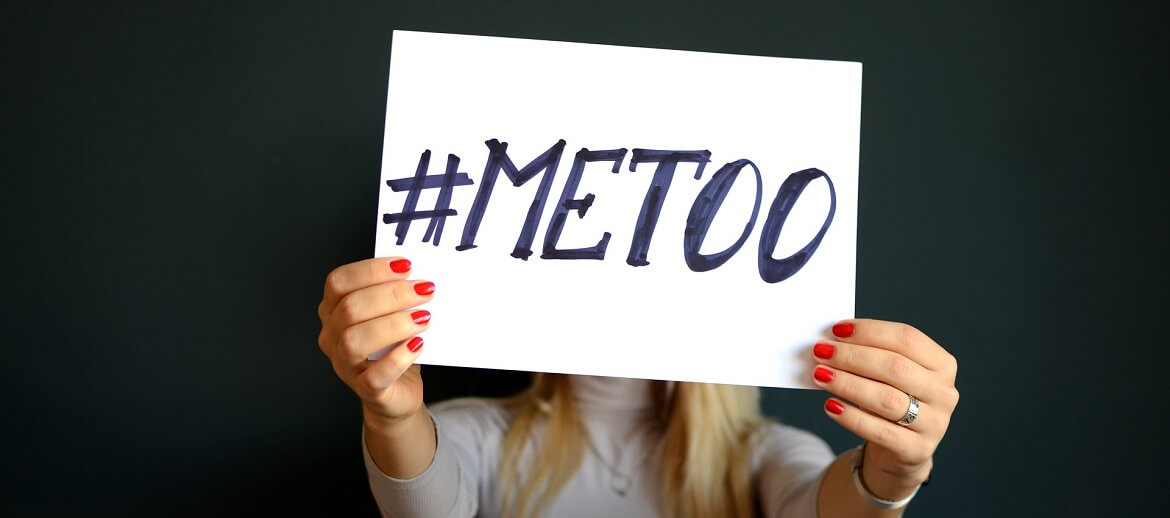From dissatisfaction to social protest.
Predictions for 2017
Another theme that dominated 2017 news was the rise of populism. We saw the nationalist and populist discourse starting in the UK’s Brexit campaigning, and this continued with Marine Le Pen and Donald Trump in their respective presidential campaigns, both offering striking alternatives to globalisation. The discourse often played to a populist standpoint: ‘us’ against ‘them’ – them being the elite that has betrayed trust, by taking care of their own interests and goals, forgetting the needs of ordinary people. The rise in populism predicted the dissatisfied and the marginalised would rise up to fight injustice.
What happened in 2017?
Populism burst onto the headlines in 2016 and showed no signs of going away in 2017. According to 2017 Edelman Barometer of Trust, current populist movements are fuelled by a lack of trust in the system and economic and societal fears, including corruption (40%), immigration (28%), globalisation (27%) and eroding social values (25%). The internet has enabled ‘identity politics’ to thrive, spurring powerful communities to form around personal signifiers, from politics to race and religion. It is not the view that matters but how strong the view feels. It’s why Ivanka Trump’s brand enjoyed a 346% sales spike following an internet-wide boycott in the wake of her father’s election (source: Lyst, 2017). All the controversies thrive against the backdrop of anger and outrage that can quickly escalate and lead to unexpected and powerful outcomes.
What’s next?
In 2018, populism is likely to go beyond anti-globalisation and politics to key social issues. It could spark from anyone and anywhere, spreading quickly and developing into a serious social movement, such as #metoo, following the exposure of Harvey Weinstein. People are set to be more active and will look up to a new breed of DIY social influencers who are able to find their voice, build an audience and stack up on cultural relevance. For example, Julia Tolezano, a vlogger and journalist who uses her YouTube channel to discuss gender issues, homophobia and racism. We can expect even small groups to spark movement. Very small fundamentalist groups will also be increasingly able to manipulate social media and use mis-information to spread dissent (as seen by the videos from the Neo-Nazis in Britain First shared by President Trump.) Other small groups of activists will continue using social media to force change in our institutions irrespective of any democratic mandate. It won’t be long before such small groups look to hold companies to a higher account meaning, a much lower tolerance for political incorrectness in and outside the business.
What does this mean for marketers?
As a consequence of the growing adoption of brand purpose, advertisers have increasing confidence in aligning themselves with ‘causes’ some of which have in the past been seen as controversial. This was illustrated by the number of entries and award winners at Cannes which leveraged social movements for the benefit of themselves and wider society.
Standing for something meaningful is a powerful marketing tool as demonstrated by several key brands: Boost mobile championing voter registration, T-mobile helping to cure dementia and Skittle using its rainbow theme to support LBGT rights and numerous insurance companies trying to improve teenage driver safety.
In a world where consumers are attracted by causes that enable them to make a difference rather than politics where they can’t, there are many ways brands can get competitive advantage by getting involved. While explicit endorsement might not be suited for all brands, advertisers must recognise the implicit implications of their communications in terms of wider society to ensure that they stay with the times and avoid any sudden onslaught of social media pressure.
SIGN UP FOR ZENITH INSIGHTS



